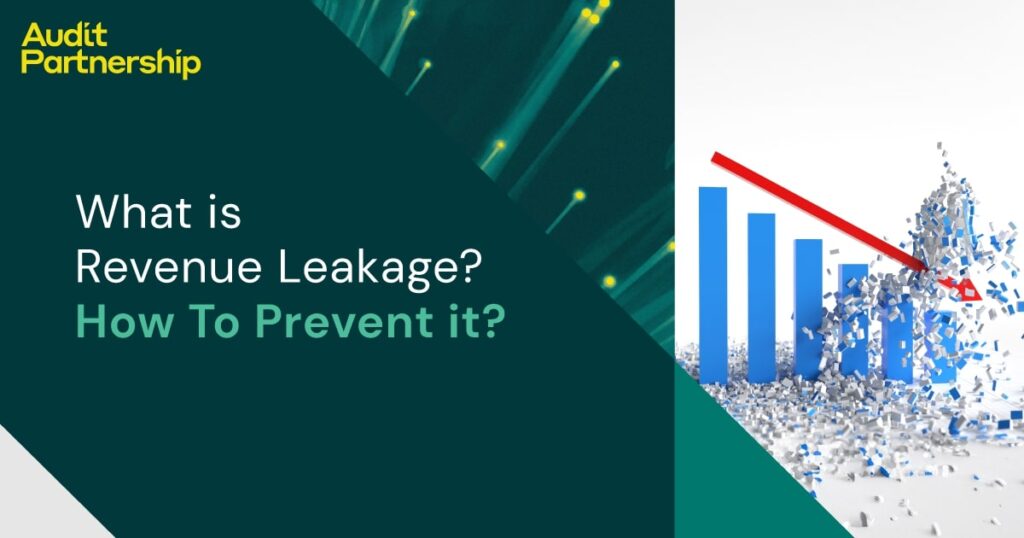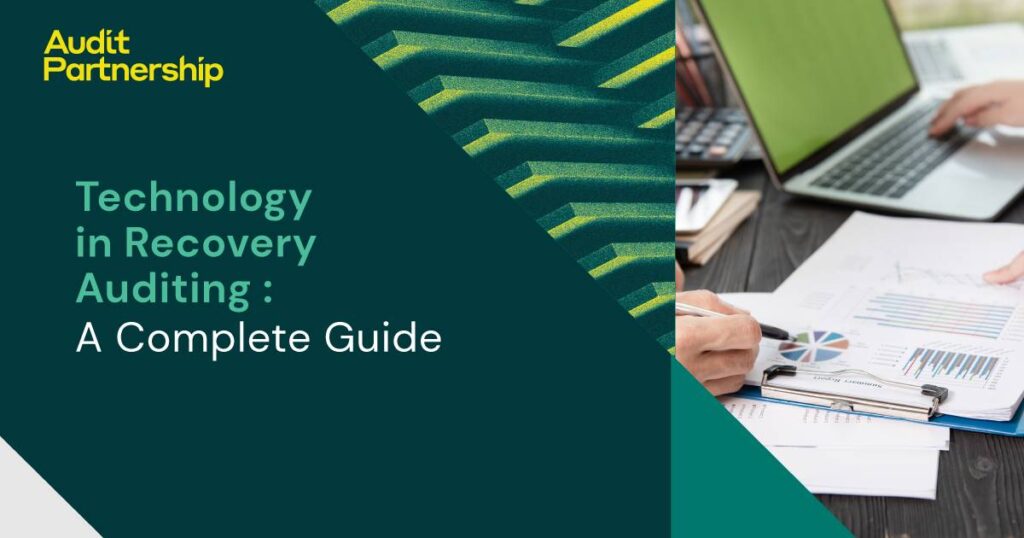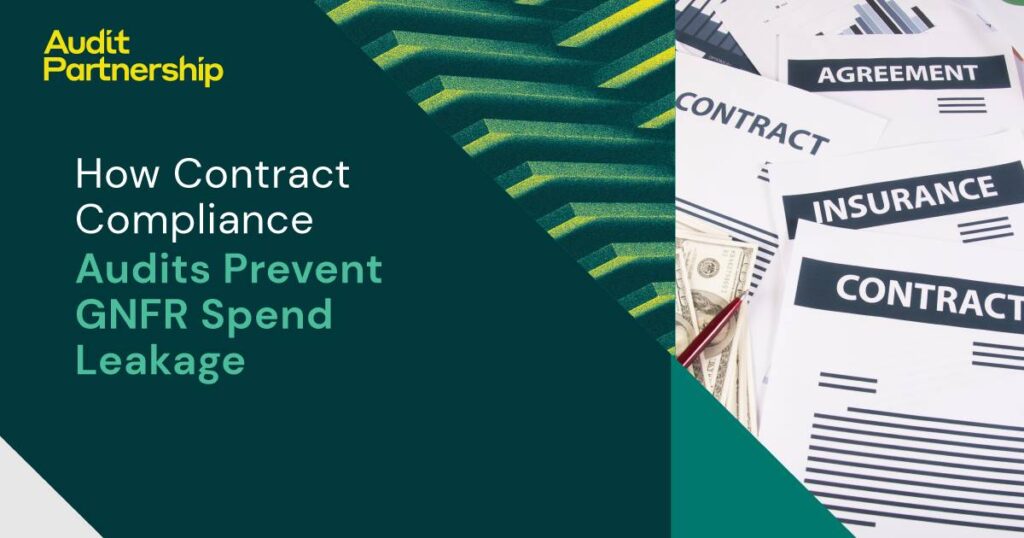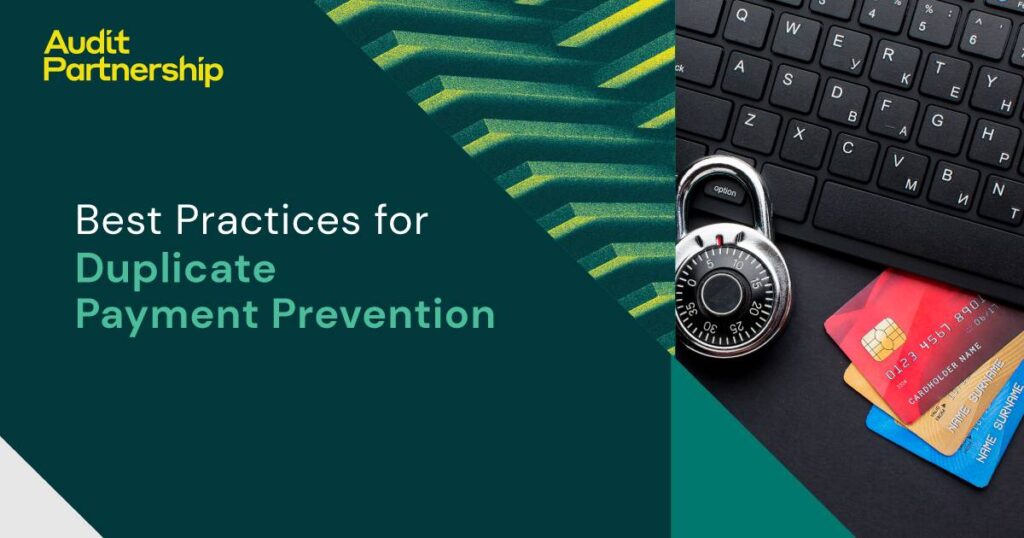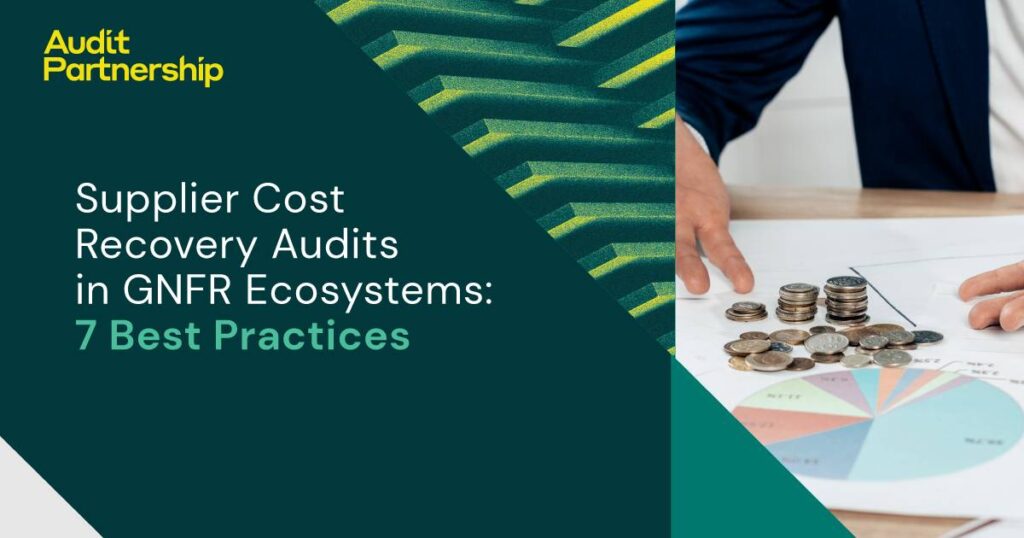What Is Revenue Leakage?
Revenue leakage refers to the loss of potential earnings that a business should have collected but has not. This loss can be caused by various factors, including pricing errors, billing errors, human errors, process inefficiencies, or compliance issues. Understanding and managing revenue leakage is crucial for organisations trying to maximise their profits and maintain a healthy financial status.
6 Ways Revenue Is Lost
1. Overpaying Suppliers
Companies may find themselves overpaying their suppliers due to miscommunication, outdated pricing agreements or contracts, or errors in invoicing. Regular audits can help identify these disparities and ensure correct payment.
2. Missed Discounts
Overlooked discounts, whether due to bulk purchase agreements or early payment incentives, can significantly impact a business’s bottom line. It’s essential to have an organised system to track and apply these discounts properly.
3. Billing Errors
Mistakes in billing, whether incorrect amounts are billed, wrong product codes are used, or invoices are delayed, can lead to lost revenues. Automating billing processes can reduce human error and improve accuracy and efficiency.
4. Duplicate Payments to Vendors
Sometimes, businesses mistakenly pay the same invoice multiple times, leading to unnecessary expenses. Keeping a well-maintained record of payments and using strong accounting software like CaptureTM can help predict this risk.
5. Improper Contract Management
Failing to manage contracts effectively can result in missed deals, wrong pricing structures and ultimately, revenue losses. Regular reviews of contract terms and conditions are vital to ensure compliance and capitalise on agreed terms.
6. Supply Chain Leakage
Sometimes, inattention in the supply chain, such as delays, stolen goods or waste, can also contribute to revenue loss. Handling these issues through better product management and supplier relationship practices can enhance profitability.

How to Prevent Revenue Leakage?
Preventing revenue leakage requires a proactive approach. Here are a few strategies businesses can implement:
Conduct Regular Audits: Regular recovery audits can help identify discrepancies and lost revenue early on. Experts, such as Audit Partnership, can provide valuable guidance and solutions.
Automate Processes: Try to adapt new technology like CaptureTM to improve the efficiency of invoicing, billing and other financial processes, reducing the chances of human error.
Train Employees: Ensure your employees are well-skilled in invoicing, payment and contract management procedures and controls. Training can help them recognise and prevent potential leakage.
Enhance Supplier Relationships: Utilising open communication software portals, such as Alliance, to collaborate with suppliers on pricing agreements and discounts can help maintain financial accuracy and integrity.
Utilise Data Analytics: Advanced analytics software like DiscoverTM can provide insights into spending patterns, identifying areas that are prone to revenue leakage.
Get the Best Recovery Audit Services from Audit Partnership
Partnering with specialised audit firms is very beneficial in handling revenue leakage. Companies like Audit Partnership offer audit services for accounts payable/receivable, retail audit, and contract compliance. Our digital products can help identify and recover lost revenue, enhancing overall business profits.
Conclusion
Effective strategies are required to maintain a healthy financial cycle. Taking proactive steps to prevent revenue leakage is crucial for any organisation that seeks to protect its profits. By recognising common errors and implementing targeted strategies, businesses can significantly reduce the risk of revenue loss and improve their financial performance.
Frequently Asked Questions (FAQs) – What Is Revenue Leakage
1. What industries are most affected by revenue leakage?
Revenue leakage can affect businesses across all industries, particularly those in retail, manufacturing, logistics, government and hospitality, which have complex supply chains and inventory management.
2. What is revenue leakage in business?
Revenue leakage is the unintentional loss of revenue that a company should have collected but didn’t, often due to billing errors, overpayments, or process inefficiencies.
3. What are the main causes of revenue leakage?
Common causes include billing errors, overpaying suppliers, missed discounts, duplicate vendor payments, poor contract management, and supply chain inefficiencies.
4. What role does technology play in preventing revenue leakage?
Technology like CaptureTM can automate processes, streamline workflows, and provide real-time data analytics, which helps minimise human error and quickly identify revenue loss.
5. Is there still time to recover lost revenue?
Lost revenue can be recovered for a period of about 6 years, depending on the country’s legislation.

